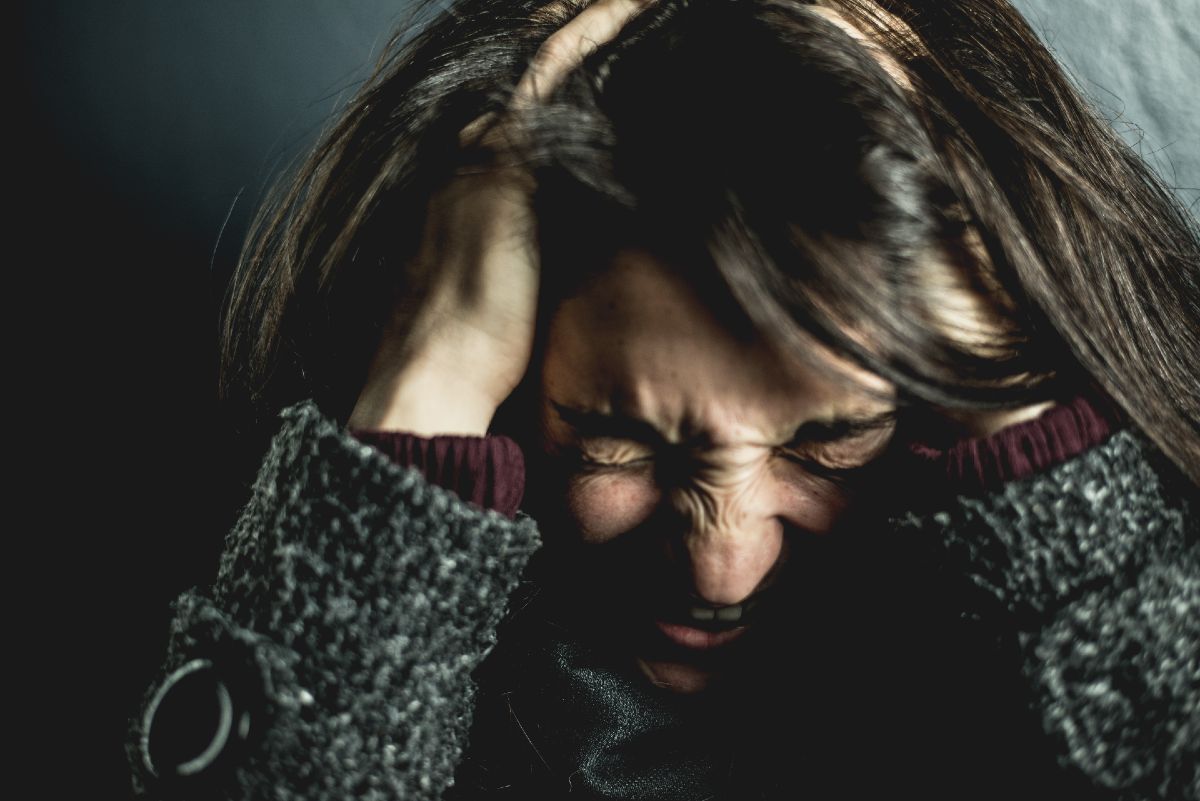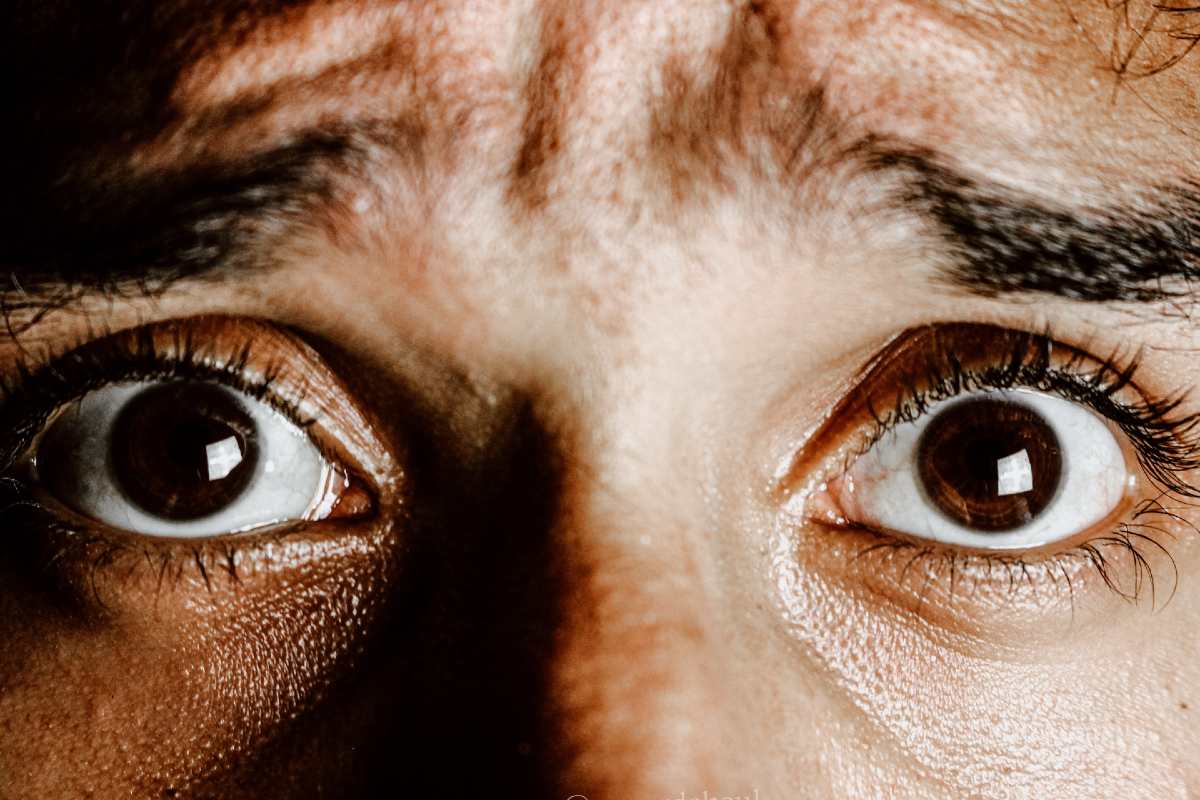5 Types of Anxiety
5 Types of Anxiety
Partilhar
Anxiety is common to any human being, but when manifested in a constant and prolonged way, it can lead to a clinical picture of concern.
A feeling that causes tension, worry and insecurityin those who feel it, anxiety affects the body in an overtly physical way, either by increasing blood pressure or by symptoms such as tremors and dizziness (among others).
When anxiety begins tocause physical and/or emotional distress, it can become a disorder that must be treated. But not all cases of anxiety are the same and it is important to realize that there can be different origins for each type of anxiety. Thus, VillaRamadas clarifies a little more about some types of anxiety that exist.
Lista de Conteúdos
What is anxiety?

Anxiety is characterized by the anticipation of a certain future threat. A reaction to external stimuli is the response to potentially unpleasant situations, and derives from the brain’s own anticipation of a situation.
Despite this, in some people, when this state tends to be exacerbated, it can lead to what we call anxiety attacks. In these situations, it is important to understand which triggers cause this reaction, in order to find the appropriate treatment.
Anxiety Symptoms
It should be noted that, in each type of anxiety, there is a specific set of symptoms associated with the supposed origin of the disorder. But, in general, it is possible to separate the types of anxiety symptoms into two large groups.
- Psychological symptoms: fear, apprehension, anticipation, restlessness, change in concentration and attention, hyperactivity, binge eating, irritability, nervousness, etc.;
- Physical symptoms: dry mouth, difficulty breathing, swallowing problems (swallowing), abdominal discomfort and change in intestinal transit, nausea, flatulence, change in blood pressure, muscle tension, excessive sweating, insomnia, headaches, among others .

Types of Anxiety
When anxiety becomes a disorder with a negative impact on day-to-day life, it can be aprecursor to more illnesses, often of a mental nature, such as depression. In other cases, and due to the desire to get rid of this pathology, people take refuge in alcohol or anxiolytics, which can lead to situations of serious dependence.
For this reason, it is important to understand what types of anxiety disorders exist. In this way, it will be easier to make the diagnosis and prepare a plan for future treatments.
Specific Phobias

In this category, individuals tend to have fear, anxiety or to avoid certain objects or specific situations, such as animals, blood, natural environment, among others. It is common for an individual to have several specific phobias. Generally, the average is that an individual with this type of disorder has a specific phobia to 3 objects and/or situations. Approximately 75% of individuals who have a specific phobia are afraid of more than one object and/or situation.
Specific phobias can result from a traumatic event or from someone experiencing a traumatic event. They can also result from an unpredictable panic attack or information resulting from the media (for example, the transmission of a plane crash can give rise to a phobia of flying). However, many individuals with this type of phobia are not able to identify the reason that triggered the phobia.
Social phobia
As the name implies, this type of anxiety is directly linked to circumstances in which the person is exposed in a social and public way, generating feelings of discomfort. It usually originates from fear, anxiety or avoidance of situations in which it can be observed, due to the fact that it may come to be negatively evaluated, humiliated, rejected or even offended by other people.
Panic Disorder
So-called panic attacks can often occur suddenly and recurrently. They tend to manifest via physical and/or cognitive symptoms. Physical symptoms are those that manifest in the body through sensations (eg, palpitations, sweating, tremors). On the other hand, at the cognitive level, catastrophic thoughts may arise (eg fear of dying, having a heart attack).

Agoraphobia
Agoraphobia is related to fear or anxiety about situations, such as riding public transport (e.g. planes, boats, buses, trains, cars), going to open spaces (e.g. car parks, bridges, etc.) or closed spaces (e.g. , malls, cinemas, nightclubs, etc.), being in spaces with crowds or even in a queue.
However, agoraphobia can also be revealed by thefear or anxiety that the individual has about being outside alone. In more severe cases, individuals may be confined to their home, unable to go out and dependent on others to provide for their basic needs.
Generalized anxiety disorder
In generalized anxiety disorder, there is constant and exaggerated anxiety and worry in several areas of the individual’s life, including work and school. Individuals with this type of disorder tend to be constantly preoccupied with various circumstances at the same time as their day-to-day routine, such as their family’s health, work responsibilities, financial issues, difficulties their children have and other minor issues like housework and being late for appointments. In this way, these individuals tend to manifest discomfort due to the constant worries of their day-to-day. These concerns can then be reflected in sleep problems, fatigue, concentration difficulties, irritability, nervousness, muscle tension, among others.
Know that there are methods of treating anxiety. With the support of a specialized professional team, you can learn strategies to deal with anxiety. At VillaRamadas we have the right tools to help you resume a more balanced life.
If you believe you are entering an anxiety disorder, or if you know of someone who needs help, talk to us. Don’t put off the diagnosis, and don’t let this feeling get in the way of your life.
Você também poderá gostar











